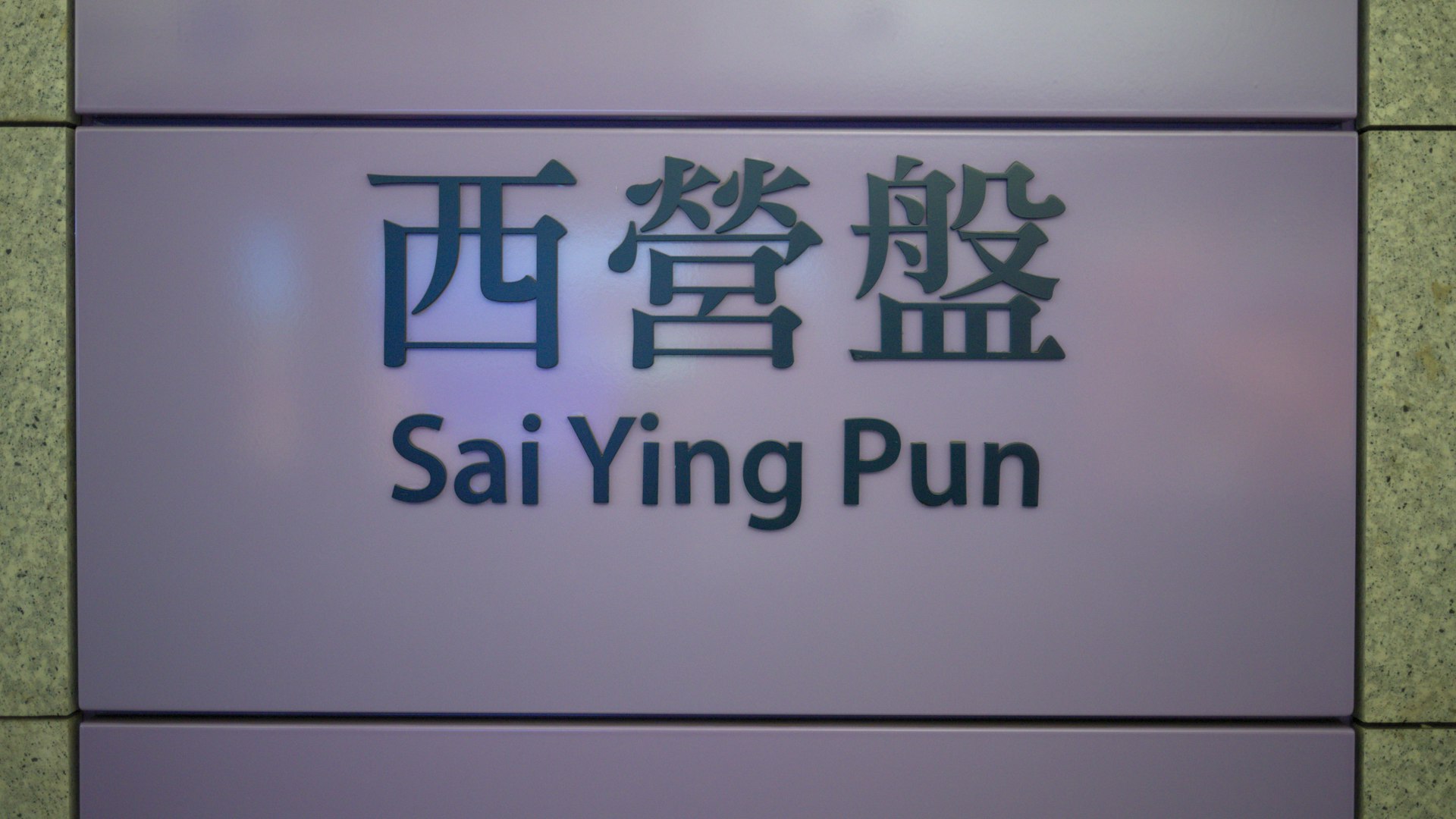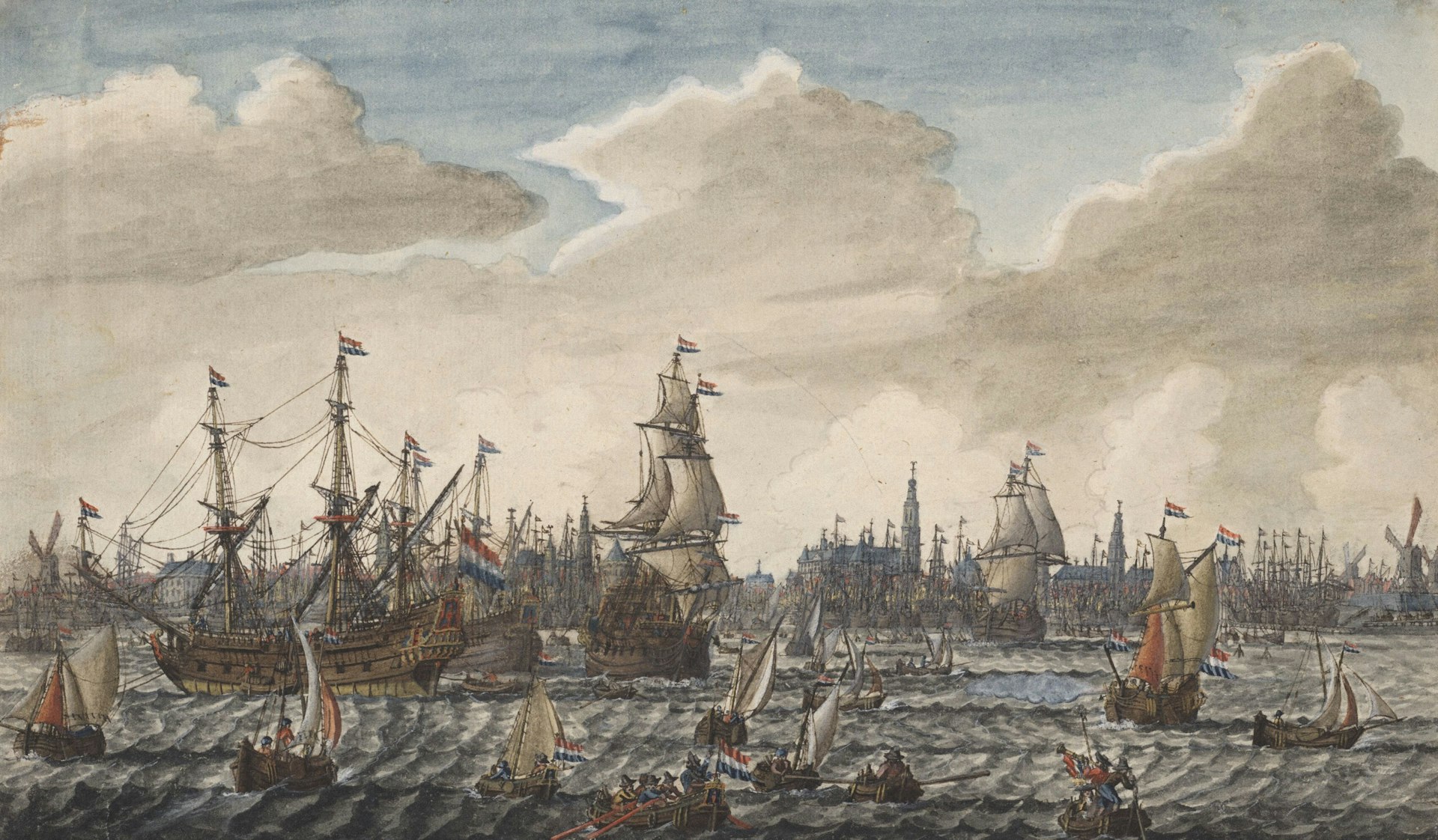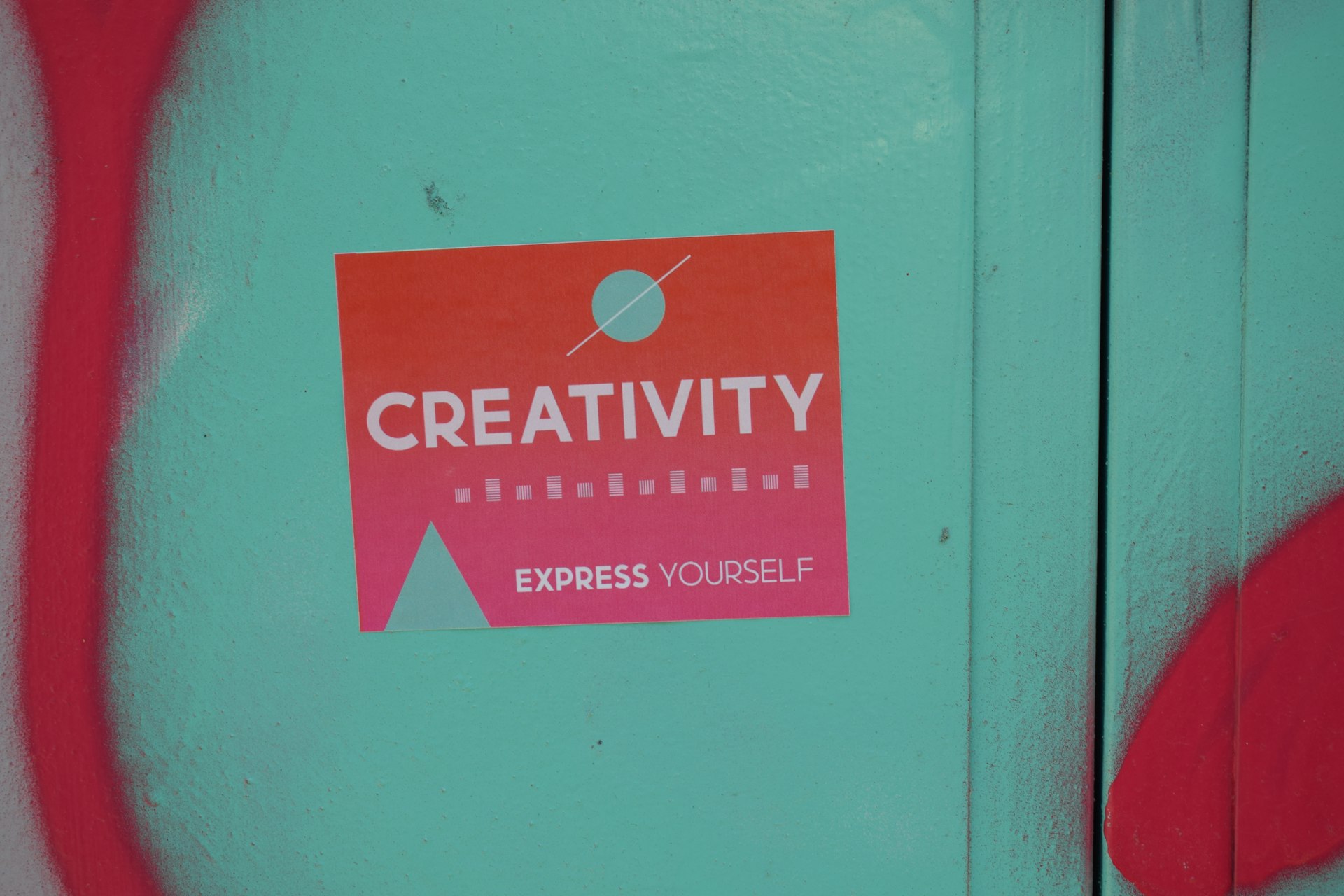How Social Media Has Reshaped Modern History: Influence, Movements, and Challenges

Photo by Anastasiya Badun on Unsplash
The Transformative Role of Social Media in Modern History
Over the past two decades, social media has profoundly influenced the course of modern historical events, altering the ways information is disseminated, movements are organized, and societies react to global crises. This transformation is not merely technological-it is deeply social, political, and cultural, impacting both the structure of public discourse and the mechanisms of collective action.
1. The Evolution and Milestones of Social Media
Social media’s rapid development began in the late 1990s, with platforms like SixDegrees and Friendster introducing online networking. MySpace and Facebook soon followed, establishing the foundation for today’s digital interaction. The arrival of Twitter in 2006 and YouTube in 2005 drastically changed how information spreads, enabling real-time communication and viral content to reach millions instantly. These platforms evolved from personal networking tools to engines of mass communication-essential for both individuals and organizations seeking to engage a broad audience. [4]
To explore the history and key developments of social media, consider searching for timelines from reputable tech or communications journals, or visit long-standing industry analysis sites for in-depth studies.
2. Social Media as a Catalyst for Modern Historical Events
Social media platforms have played critical roles in shaping contemporary history. One of the earliest and most striking examples occurred during the 2010 Haiti Earthquake , when user-generated content on Facebook and Twitter filled crucial information gaps left by traditional media. These platforms became vital for reporting crisis updates and mobilizing global relief efforts, with social campaigns raising millions in donations within days. [1]
Another significant instance was the 2011 Egyptian Revolution . Protesters used Facebook and Twitter to organize demonstrations, share real-time updates, and attract international attention. The ability to bypass state-controlled media allowed grassroots movements to coordinate more efficiently and amplify their voices on a global scale. [1]
In the United States, the Occupy Wall Street movement in 2011 demonstrated the power of social media in building solidarity and mobilizing supporters. Hashtags, live updates, and viral videos brought together geographically dispersed activists, creating a sense of unity among both participants and global spectators. [1]
To learn more about social media’s involvement in specific events, you can search for academic case studies or review timelines maintained by reputable news organizations.
3. Benefits: Awareness, Information, and Mobilization
Social media’s positive impacts include dramatically increased access to information and the ability to quickly raise public awareness about political, social, and humanitarian issues. According to a 2022 survey by Pew Research Center, a median of 77% of respondents across 19 countries saw social media as an effective tool for raising public awareness of sociopolitical issues. [2] Additionally, 73% described people as being more informed about both domestic and international events.
For those seeking to leverage social media for activism or awareness campaigns, consider these steps:
- Identify your target audience and the most suitable platforms (e.g., Twitter for rapid updates, Instagram for visual storytelling).
- Develop clear, concise messaging that resonates emotionally and factually.
- Utilize hashtags and tagging to increase reach and connect with like-minded communities.
- Coordinate with established organizations to amplify your message and access resources.
Organizations often provide resources for digital activism-search for “digital advocacy toolkits” or visit the official websites of major NGOs for guides and support.

Photo by Nick Fewings on Unsplash
4. Challenges: Misinformation, Division, and Privacy
Despite its many benefits, social media also poses significant challenges. A median of 84% in the same Pew survey believed technological connectivity made people more vulnerable to manipulation by false information and rumors. [2] This was especially evident during the 2016 U.S. Presidential Election , when fake news and algorithm-driven echo chambers contributed to widespread misinformation and deepened political divisions. [1]
Social media algorithms tend to show users content similar to what they’ve previously engaged with, reinforcing existing beliefs and contributing to polarization. In 2025, average daily global usage stands at roughly 141 minutes per day, with users reporting both improved access to information and increased concern about privacy and political polarization. [3]
If you are concerned about misinformation, consider the following strategies:
- Verify news from multiple reputable sources before sharing.
- Rely on established news organizations or consult fact-checking portals such as PolitiFact or Snopes (search for these organizations online for their official sites).
- Engage in discussions across diverse viewpoints to reduce echo chamber effects.
- Regularly review privacy settings and be cautious about sharing personal information.
For privacy concerns, most major platforms have official privacy resource centers-search for “[platform name] privacy center” for current guidelines and tools.
5. Social Media and Civic Engagement: Opportunities and Risks
Social media has become a vital arena for civic participation, enabling users to engage in political discourse, sign petitions, join virtual protests, and contact representatives directly. While the platforms empower grassroots movements, they can also lead to increased incivility. A median of 65% of people in advanced economies feel social media has heightened political division, and 44% believe it leads to less civil political conversations. [2]
For those interested in constructive civic engagement via social media, you may:
- Follow official government accounts or verified representatives to receive accurate updates.
- Participate in online forums dedicated to civil discourse and respectful debate.
- Search for “civic engagement online” guides from nonpartisan organizations for tips on effective participation.
Remember to critically evaluate the reliability and intent of information sources before getting involved in digital activism.
6. Looking Ahead: Trends and Adaptation
Social media continues to evolve, with new platforms and features shaping the landscape of public discourse. As digital technologies become even more integrated into daily life, organizations and individuals must adapt to emerging trends, including new content formats, changing algorithms, and evolving privacy regulations. [4]
To stay informed about the latest developments, regularly review updates from official platform blogs, follow digital communication scholars, or subscribe to newsletters from reputable tech media.
Key Takeaways and Steps Forward
Social media’s impact on modern historical events is both profound and multifaceted. It empowers communities, accelerates the spread of information, and fuels collective action-but it also presents real challenges, including misinformation and increased polarization. By critically engaging with content, verifying sources, and seeking diverse perspectives, individuals and organizations can leverage these platforms for positive change while minimizing risks. For ongoing guidance, search for up-to-date digital literacy resources or contact local educational initiatives that offer training and support for responsible social media use.
References
MORE FROM resultsdiscount.com













